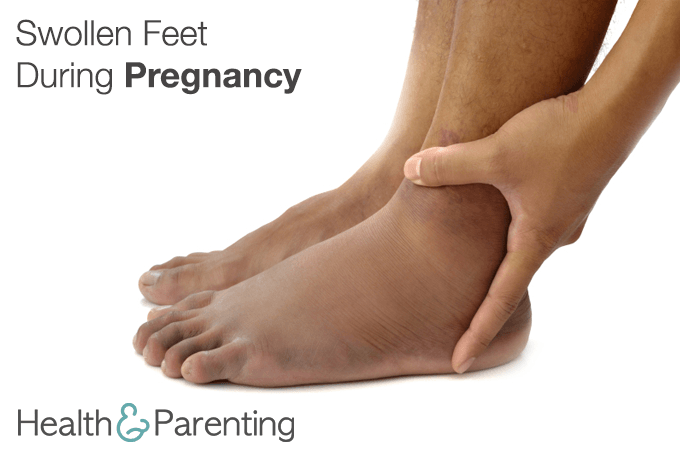Between the afternoon naps, the breakfast throw ups and the tender breasts, you may not be feeling your best right now. You may find that your reduced energy levels mean you can just about make it through the day, before collapsing on the sofa unable to move again for a good 12 hours.
While your body is busy nurturing and nourishing your unborn child, you need to make sure you’re taking the same care of your other relationships, including with your partner. Pregnancy can put a huge amount of strain on a relationship. Financial worries, mood swings, insecurities over being good parents, and an ever growing to do list, can leave you both feeling a little frayed around the edges. So how do you make sure you take care of each other, and your relationship, during pregnancy?
1. Make time for each other – yes there is lots to do and a bump-shaped ticking time bomb waiting to go off, but that doesn’t mean you can’t have date night. Make the most of your last months alone – go to the cinema, eat out and enjoy spending time together (without having to fork out on a babysitter).
2. Talk about other things – it’s only natural that the pregnancy is taking up all of your thoughts, but do try to talk about other things too. If you just talk about the baby, it’s easy to forget you are a couple – it’s easy to fall into the parent trap.
3. Take a babymoon – this will be your last chance to go away hassle free. No worrying about travel cots, babysitters or nap schedules. You can disappear, just the two of you, and spend some quality time together.
4. Be intimate – depending on your hormones, you may feel erotically charged or absolutely turned off. If you’re feeling turned off, it doesn’t mean you can’t enjoy each other. While you may not want your sore breasts touched, or you may not feel in the mood for penetrative sex, there may be other ways you can be intimate. Even if it’s just snuggling on the sofa, intimacy and physical contact are important for a healthy relationship.
5. Tell him he’s important – it can be easy to put all of your focus on the baby, and your partner may end up feeling a little left out. Everyone will be focusing on you and how you’re feeling, you will be focusing on the baby and the pregnancy, and it might feel like no-one is looking after the dad-to-be. Make sure you look after him, and let him know how much he means to you. Tell him how much you’re looking forward to seeing him as a father, and why you know he’ll be great at it.
Do you have any tips for keeping the romance alive during pregnancy?
Written by Fiona, proud owner of a toddler, @fiona_peacock
This information is not intended to replace the advice of a trained medical doctor. Health & Parenting Ltd disclaims any liability for the decisions you make based on this information, which is provided to you on a general information basis only and not as a substitute for personalized medical advice. All contents copyright © Health & Parenting Ltd 2018. All rights reserved.





















